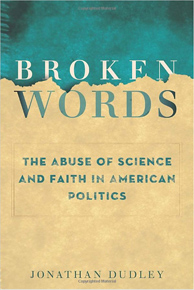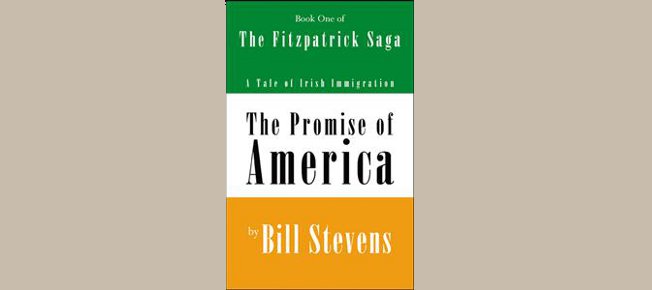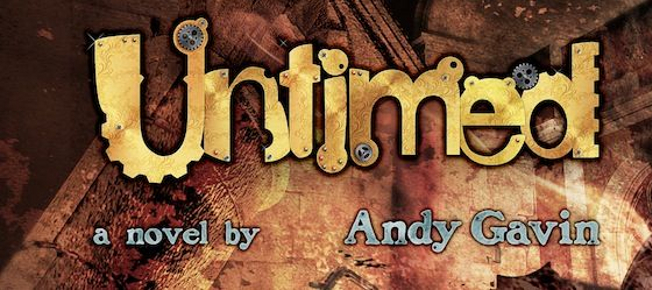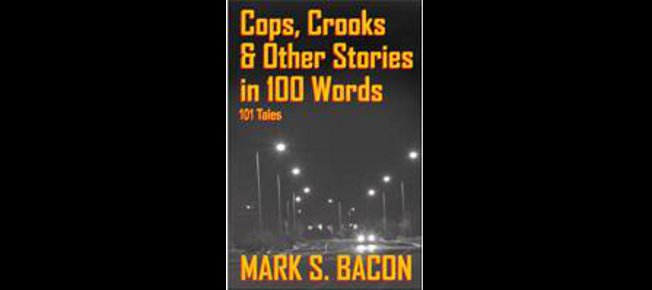With the Republican nomination looming, there’s no avoiding the polarizing controversies surrounding abortion, homosexuality, evolution and environmentalism. Liberals and conservatives are more divided on these issues today than at any other time in history.
In Broken Words: The Abuse of Science and Faith in American Politics, Jonathan Dudley objectively examines these four ideas, which in the past few generations have become the “big four” tenets of evangelical Christianity.
Dudley grew up as an evangelical Christian and was raised to believe “abortion is murder; homosexuality, sin; evolution, nonsense; and environmentalism, a farce.” However, his higher education in the sciences (he’s currently a med student at Johns Hopkins) and intellectual curiosity prompted him to reevaluate these issues with a unique perspective. The result? He navigates the intersection between faith and science with surprising grace. He addresses these hot button topics clearly, succinctly, systematically, and with numerous citations like … well, like a scientist.
If you’ve ever longed to debate intelligently about any of these issues, Dudley has done the research for you. While the book is filled with hundreds of biblical quotes, references and citations (that are easily, in this age of the internet, independently verified), the author provides more than just evidence for his positions. He weaves a cultural context by including with each argument detailed explanations of the historical and social interpretation of that evidence.
Underlying all of this research is is the discovery that evangelicals who stray away from even one of these ideas, including evangelicals with clout and political influence, have their faith questioned and are threatened with outright dismissal from their communities.
Despite the fact these are deeply personal and highly sensitive issues, Dudley approaches arguments like “does life begin at conception” and “is homosexuality a sin” without volatile rhetoric or inflammatory language. His approach in presenting what could be considered difficult information to digest for some, including close members of his community, is respectful, measured, thoughtful and engaging. The book fosters a desire for intelligent discussion.
While Dudley no longer identifies as an evangelical, he still considers himself a Christian. Ultimately, he encourages a new kind of evangelical Christianity that embraces science and recognizes dynamic theology.
I’d highly recommend this book to anyone who is interested in truly understanding why evangelical Christians believe what they do and how they influence and are influenced by the current political climate. I’d also recommend this text to book groups who are interested in having a lively debate.
This book was provided for review by Jonathan Dudley through Bostick Communications.
© 2012, The Indie Mine. All rights reserved.





